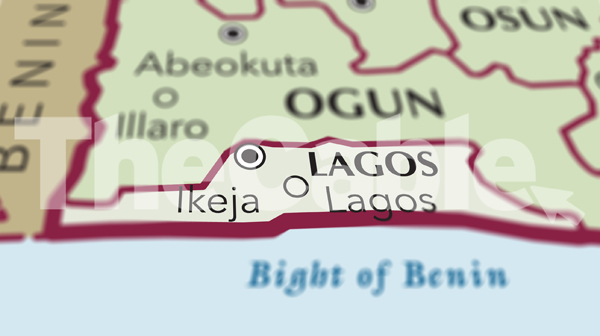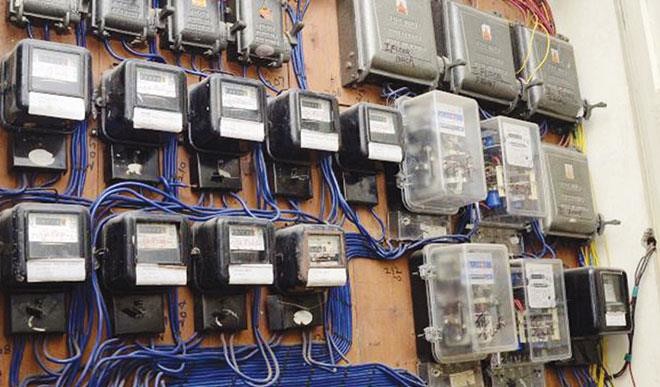The suspension of Arik Air operations is posing a threat to the production of about 200,000 barrels of crude by Chevron, TheCable understands.
A source told TheCable on Wednesday that production is affected as Chevron’s team is finding it difficult to get airlifted to Osubi airstrip — a facility close to oil-producing areas in the Niger Delta.
“So for today Nigeria may not extract 130,000 barrels of crude,” the source said.
Chevron Nigeria Limited, a major energy investor in the country, runs a joint venture (JV) arrangement with the Nigerian National Petroleum Company (NNPC) Limited for the onshore and offshore assets in the Niger Delta region.
Advertisement
The oil firm operates the Agbami field, one of the largest deepwater discoveries in Nigeria. The facility lies 70 miles (113 km) off the coast of the central Niger Delta region and spans 45,000 acres (182 sq km).
Chevron also has natural gas projects in the western Niger Delta and the Escravos areas, including the Escravos gas plant (EGP), and the Escravos gas-to-liquids (EGTL) facility.
According to the source, Chevron is serviced by Arik Air, stressing that the suspension of the airline operations “is affecting 130,000 barrels a day production for Nigeria”.
Advertisement
He said production at Escravos — Chevron’s main base — is also affected and this could increase the loss “to 200,000 barrels per day”.
Chevron did not respond to TheCable’s enquiry when contacted over the issue.
The federal government, on July 30, grounded some aircraft belonging to Arik Air over a $2.5 million debt case.
The Nigerian Airspace Management Agency said the decision was sequel to an order by the federal high court regarding a case of $2.5 million owed by Arik to Atlas Petroleum International Ltd.
Advertisement
Speaking on the issue, Roy Ilegbodu, chief executive officer (CEO) of Arik Air (in receivership), said the action came without notice or consultation, –warning that the economy would be negatively impacted.
“This decision, made without warning or consultation, has serious repercussions for our valued passengers, dedicated employees, and the broader Nigerian economy,” he had said.
Ilegbodu said grounding the airline’s fleet would hurt “everyday Nigerians who rely on our flights for business, family, and essential activities”.
Nigeria, Africa’s biggest oil producer, is still struggling to meet production targets due to numerous challenges including oil theft and pipeline vandalisation.
Advertisement
On July 2, Mele Kyari, group chief executive officer (GCEO) of the NNPC, declared a state of emergency on the challenges affecting Nigeria’s crude oil production.
Advertisement
Add a comment








